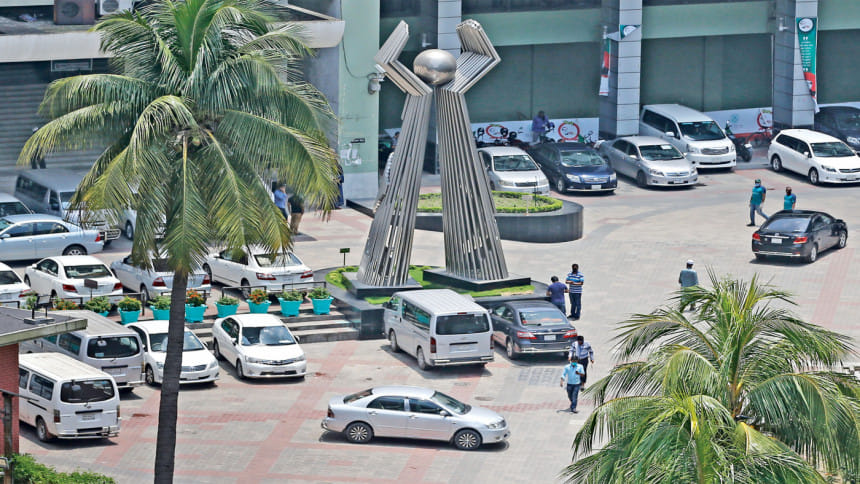Monetary policy meets the test of time

As expected, the Bangladesh Bank has announced an expansionary monetary policy.
This expansionary stance has been essential given the current economic slump and the need for supporting the economy with adequate liquidity support and lower cost of fund.
Since the beginning of the countrywide general shutdown on 26 March, BB has been quite proactive and at the same time cautious by easing the monetary policy stance in phases and assessing the economic outlook.
The policy statement for fiscal 2020-21 essentially reaffirms the continuation of that cautious easing, and I welcome this approach under the prevailing macroeconomic environment of Bangladesh.
During the current pandemic, the monetary policy has to shoulder an extra burden since fiscal policy could not be expansionary enough due to a lack of fiscal space for undertaking a much larger discretionary spending programme and the precarious state of revenue mobilisation.
Thus, we have an uneven burden-sharing or mix between the fiscal and monetary policies, and in particular, certain policy gaps -- such as providing extensive livelihood support for the newly unemployed -- that could be addressed effectively by the fiscal policy cannot be filled by monetary policy.
That said, in my view, BB's new monetary policy statement aims to create a financial environment that is conducive to the resumption of growth.
The supportive environment will be achieved through lower interest rates, plenty of liquidity, and partial risk-sharing/mitigation for non-collateralised micro, small and medium enterprise (MSME) lending.
To this end, BB has used all available instruments at its disposal -- to an extent and at a pace never seen in Bangladesh.
Now is the implementation challenge for BB.
The policy framework is right. But if it is not properly implemented, not only would the economy not benefit to the extent it should, there would also be adverse reactions.
Easy money is needed under current circumstances, but BB has to make sure it is used properly in the productive sectors of the economy.
Otherwise, we would not get the much needed and hoped job creation and positive supply response. Instead, the injected liquidity will lead to asset price inflation, further accumulation of default loans in the banking system and capital flight.
Thus, BB has to remain vigilant about the users of the credit, use of the credit, and the supply response and job creations resulting from the easy monetary policy.
I would strongly recommend that the BB undertake an independent third-party evaluation in the next 2-3 months to determine the effectiveness of the bank-led stimulus package and the impact of the overall easing of the monetary policy on the broader economy.
Many important things are outside the domain of the central bank and that is the way it should be like in other countries.
For example, BB cannot control the spread of coronavirus in Bangladesh, and much of the economic recovery is hostage to that.
The central bank cannot contain the food inflation in the face of a potential serious supply shock and its possible impact on non-food inflation.
Unless the spread of coronavirus is contained, the current severe flood situation is properly managed and domestic demand starts accelerating from current low levels, it is very likely that the monetary policy support alone would not encourage the struggling private sector to go for full capacity production and resumption of services and investment.
Economic revival will critically depend on how the government tackles all the important aspects associated with the pandemic.
The central bank's monetary policy stance, as announced through the policy statement yesterday, is an important step in the right direction and we fervently hope that the other arms of the government play their expected roles to pull the economy out of the pandemic-induced rubble.
The writer is the executive director of Policy Research Institute

 For all latest news, follow The Daily Star's Google News channel.
For all latest news, follow The Daily Star's Google News channel. 



Comments